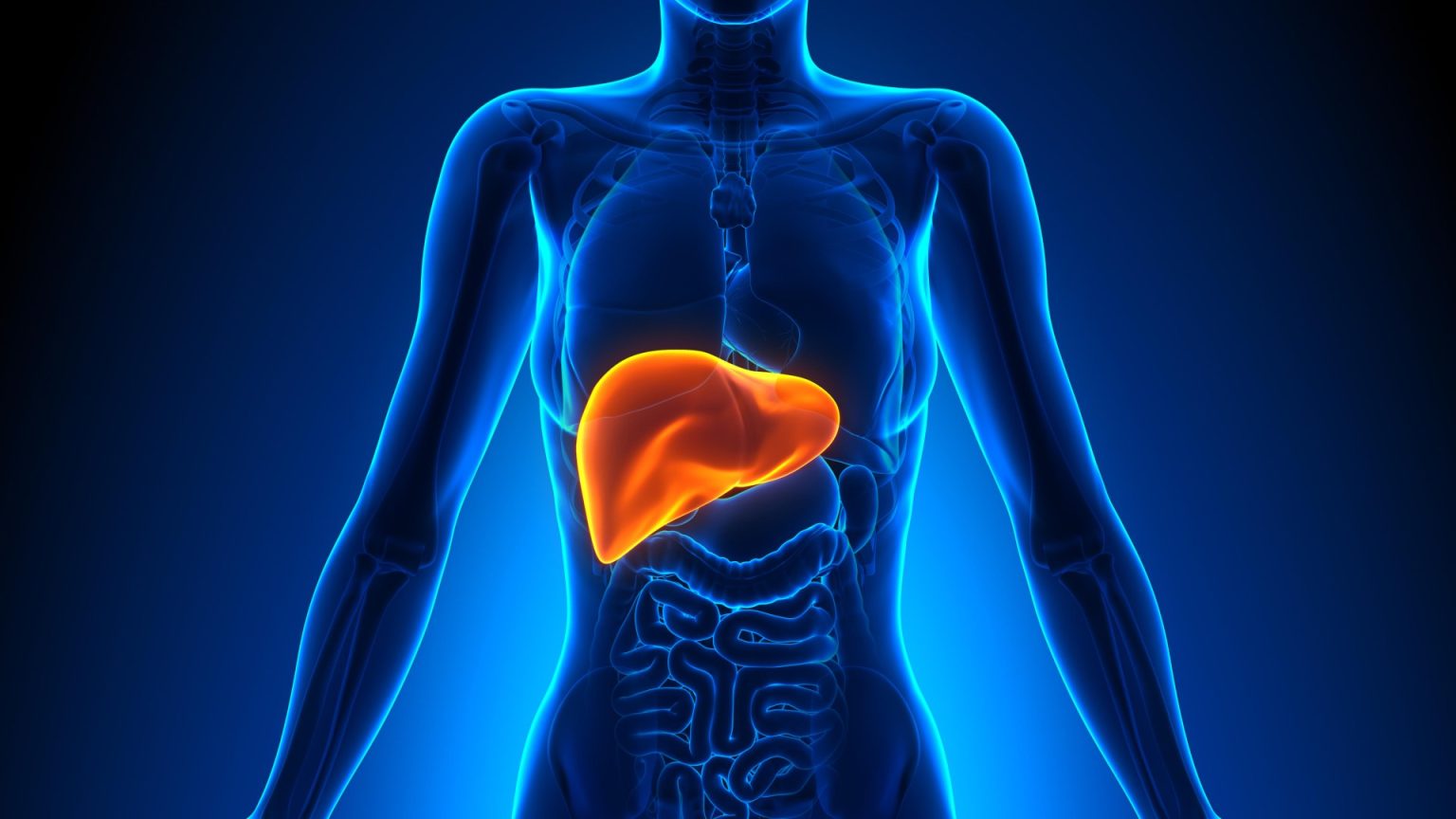Liver cancer has emerged as a significant public health concern in the UK, exhibiting the fastest-rising death rate among all cancer types. Over the past two decades, the mortality rate has doubled, claiming the lives of approximately 5,800 individuals annually, a stark increase from the 2,200 deaths recorded in the late 1990s. This alarming trend underscores the urgent need for preventative measures and improved healthcare strategies to combat this devastating disease. While liver cancer remains relatively rare in terms of overall incidence, it ranks as the eighth most common cause of cancer-related deaths, highlighting its aggressive nature and the challenges associated with effective treatment. Disturbingly, projections indicate that the death rate will continue its upward trajectory, potentially positioning liver cancer as the sixth most deadly cancer by 2040 unless effective interventions are implemented.
A crucial aspect of addressing the rising tide of liver cancer deaths lies in understanding and mitigating the underlying risk factors. Unhealthy lifestyle choices, particularly obesity, smoking, and excessive alcohol consumption, have been identified as major contributors to the increasing incidence of this disease. These harmful habits damage the liver, increasing the likelihood of developing cirrhosis, a condition characterized by scarring of the liver tissue, which is a significant risk factor for liver cancer. Experts estimate that nearly half of all liver cancer cases could be prevented through the adoption of healthier lifestyle choices. This includes maintaining a healthy weight, abstaining from smoking, and moderating alcohol intake. These preventative measures, while seemingly simple, can significantly reduce the burden of liver cancer and improve overall public health.
The British Liver Trust (BLT), a leading organization dedicated to liver health, has emphasized the urgent need for action to curb the rising toll of liver cancer deaths. Their research reveals a concerning lack of adequate care for liver disease patients, a population at heightened risk of developing liver cancer, in a majority of areas across England. This underscores the need for enhanced healthcare infrastructure and improved access to specialized care for those with liver conditions. Early detection and timely intervention are crucial for improving outcomes in liver cancer, and addressing this gap in healthcare provision is essential for effective disease management.
Recognizing the symptoms of liver cancer is paramount for early diagnosis and prompt treatment. These symptoms can include unexplained weight loss, jaundice (yellowing of the skin and eyes), persistent itching, nausea, and abdominal swelling. Any individual experiencing these symptoms should consult a healthcare professional without delay. Early detection and diagnosis are often crucial for improving treatment outcomes and increasing the chances of survival. While the five-year survival rate for liver cancer remains relatively low at 13%, prompt medical attention can significantly improve the prognosis.
The link between unhealthy lifestyle choices and liver cancer cannot be overstated. Excess body fat, smoking, and excessive alcohol consumption contribute significantly to the development of this disease. Research suggests that approximately one in four cases are attributable to obesity, one in five to smoking, and seven percent to alcohol abuse. These statistics reinforce the importance of public health campaigns promoting healthy lifestyle choices and raising awareness about the preventable nature of many liver cancer cases. Empowering individuals to make informed decisions about their health and adopt healthier habits is crucial for reducing the incidence of this devastating disease.
In conclusion, the alarming rise in liver cancer deaths in the UK necessitates a multifaceted approach encompassing preventative measures, improved healthcare infrastructure, and increased public awareness. Addressing the underlying risk factors through healthy lifestyle choices, ensuring adequate access to specialized care for liver disease patients, and promoting early detection through symptom recognition are critical components of a comprehensive strategy to combat this growing public health concern. While the challenges are significant, concerted efforts across these domains can lead to improved outcomes and a brighter future for those at risk of developing liver cancer.











